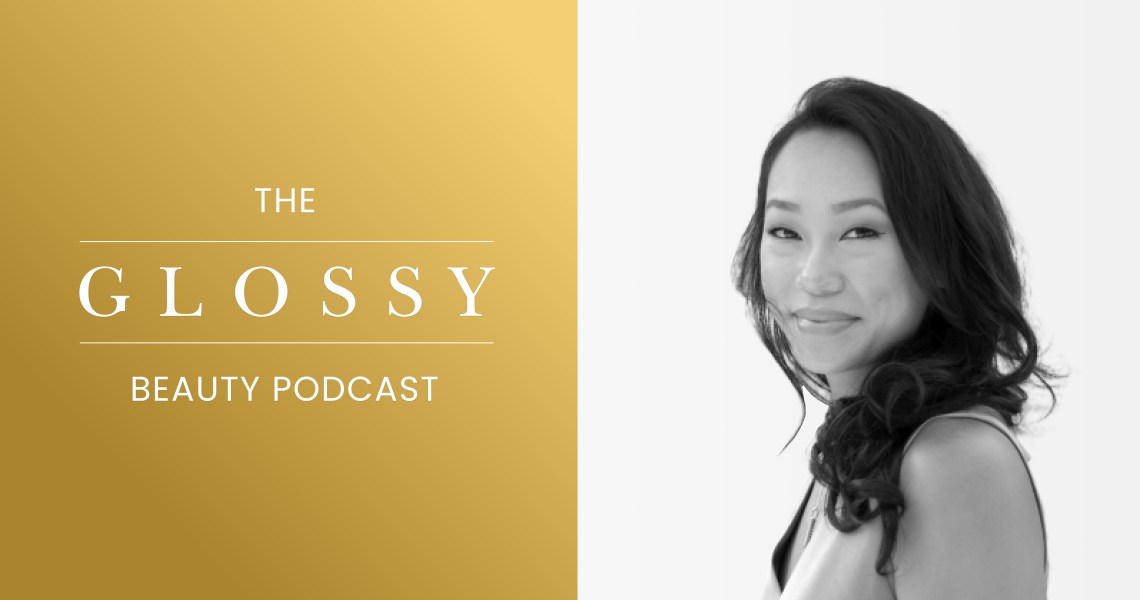Subscribe: iTunes | Stitcher | Google Play | Spotify
About 10 years ago, Vicky Tsai chose happiness.
After years of working in the corporate world, she slowly realized she didn’t know what she wanted to do with her career. She had also been struggling with an increasingly bad case of dermatitis that shook her confidence in her appearance and in herself. So one day, she decided to quit her job and travel the world in search of something to believe in. Somewhere along the way, she found herself in Kyoto.
“Because I had this acute dermatitis when I was in Japan, I ended up having this fantastic encounter with a geisha, and I was asking her about her makeup to cover up my scarring. It was there that she introduced me to a little apothecary where her makeup was carried, but I noticed these geishas flitting in and out with their beauty necessities: these bell jars full of waxes and oils and powders. So I bought some of them, and after about eight weeks, my skin healed.”
After returning to the United States, Tsai looked everywhere for the products that had saved her skin, to no avail. Determined to share these secrets with the world, she sold her engagement ring to buy 10,000 blotting papers in Kyoto. They became the first Tatcha product, and from there, the brand was born.
In this episode of The Glossy Beauty Podcast, beauty editor Priya Rao sits down with Tsai, Tatcha’s founder and chief treasure hunter, to discuss the difficulty of introducing foreign beauty concepts to the U.S. market, the concept of skin care as self-care and the reason you can’t rush amazing products. Below are excerpts from the episode, edited for clarity.
Teaching consumers to love your product
“We have no choice but to do a lot of education on our collection, because the products are so opposite of what you’re used to, here in the U.S. So, using paper to fix your skin, or cleansing with an oil, or polishing your skin instead of exfoliating — these are all concepts that are foreign in the U.S., so we have to put a lot of thought into how we explain these to people in a way that makes sense for them and doesn’t scare them off.”
Tying skin care to self-care
“What I love around the groundswell that has happened — from both the consumer side and the brand side, around clean beauty and formulas that have authenticity and heritage — is that it’s good for everybody. It’s good for the client to have more options that are healthy for them. It’s very healthy for people to think of skin care as self-care, versus skin care being a solution to problems, because that reduces us to a list of problems. So I think it’s a really positive step in the industry that we’re really proud to be a part of.”
Why Tatcha isn’t trendy beauty
“It’s very easy to bring a beauty brand to market if you do it the fast way, which is going to a contract manufacturer, pulling stock formulas and stock packaging, putting your name on it, and sending it out the door. As a result, you see a proliferation of beauty brands. Because this is all new and exciting, there’s a lot of demand from clients, too. They’re seeing stuff they haven’t seen before with a lot of creativity and newness. It doesn’t affect us though, because we don’t do any of that stuff. We’re so old-fashioned; there’s nothing about us that’s terribly trendy. The fact that the trend is on Japanese beauty and clean formulas right now is fabulous, but it is nowhere in our minds.”




